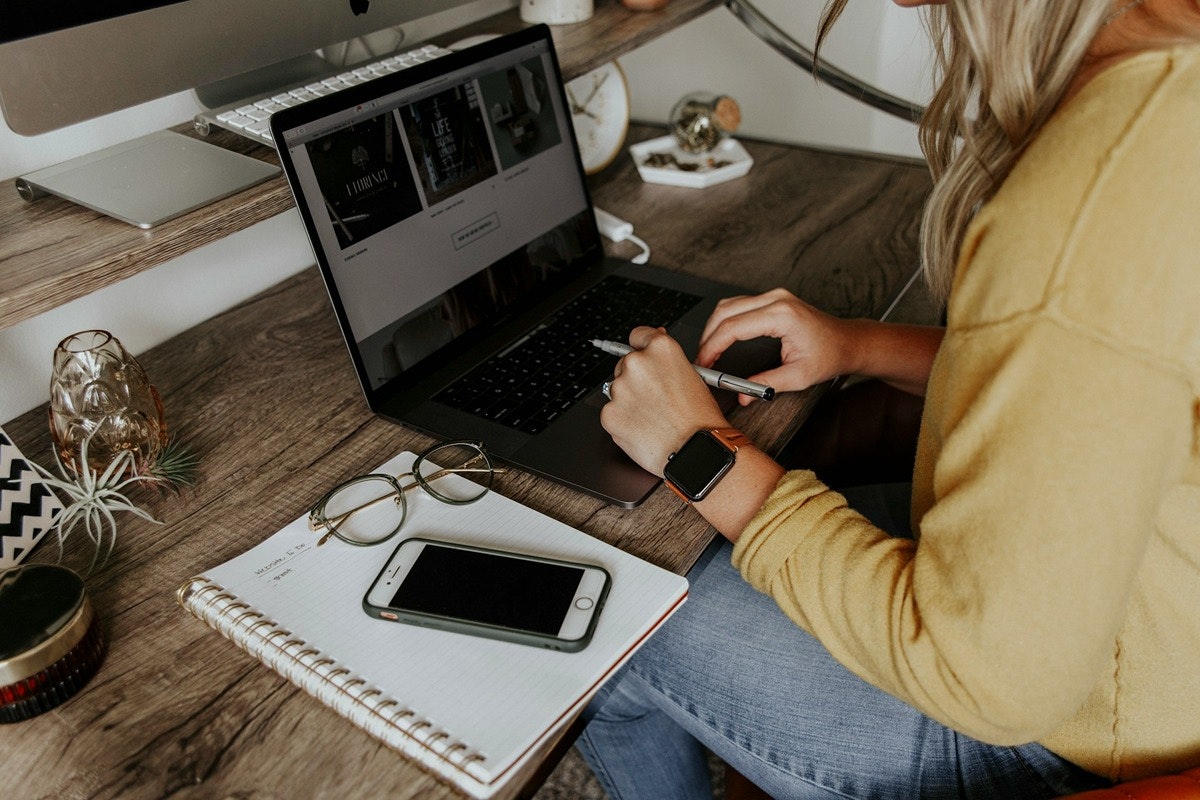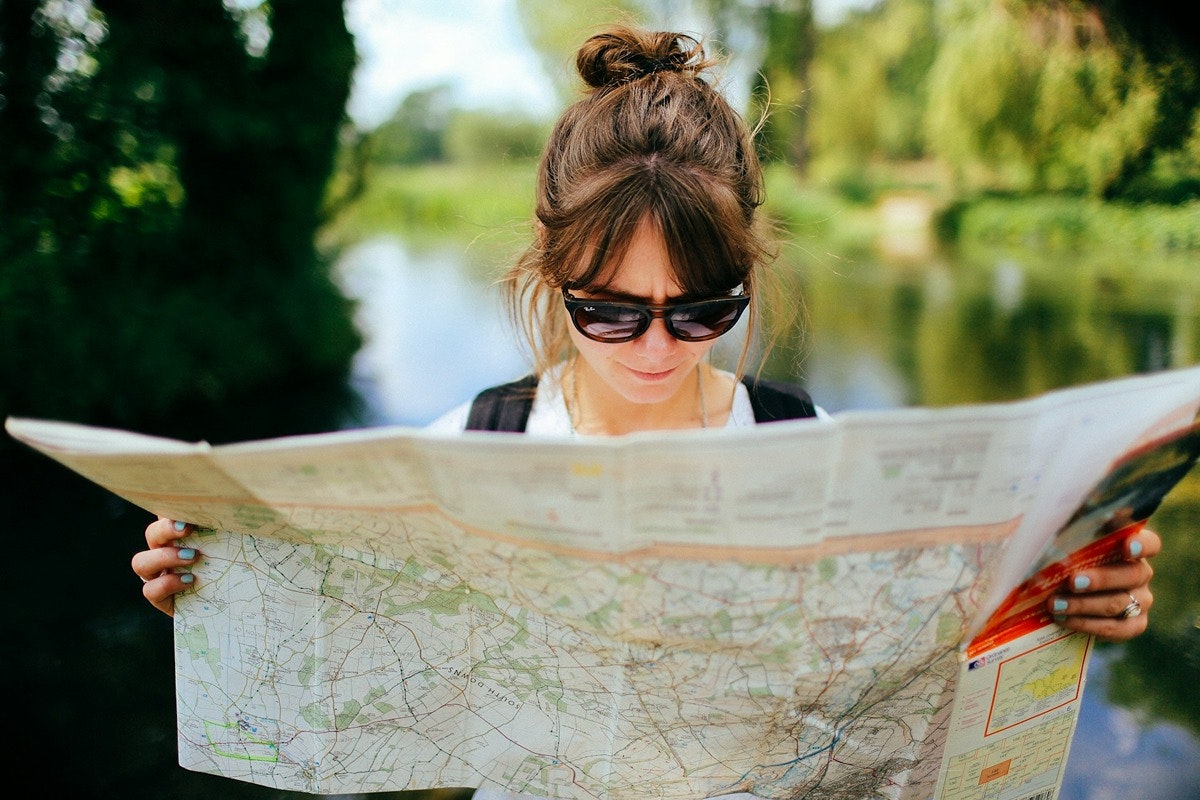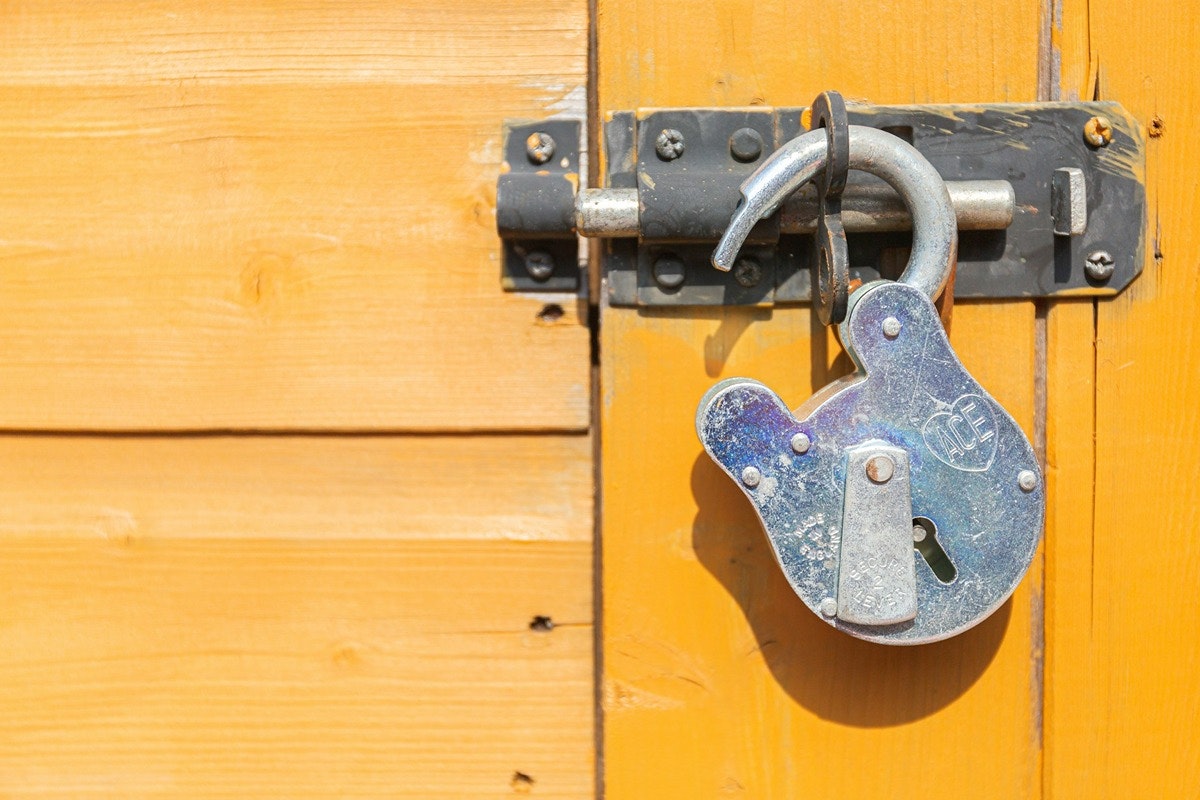8 important things to do when you arrive in Australia
The must do things for your first week after arriving in Australia to set yourself up for success!

By:
LINA AVILA HENAO
Last Updated:
Dec 19, 2024
Tags:
#first-steps
In this article
You've arrived in Australia! You might be feeling a bit lost, jet lagged, and wondering... How is this new life going to be? What should I do before starting my English course?
Here you'll find a list of the most essential activities to do in Australia as soon as you arrive. Try to understand that managing these tasks at the beginning will help you integrate into Australian daily life and progress your job search.
Let's get started!
1. Buy a SIM card
It's important to bring a mobile phone from Colombia that is unlocked so you can put an Australian SIM card in it. SIM cards are sold in stores, supermarkets, or directly from telecommunications providers.
There are several options: the first is to use a prepaid service, meaning you buy the SIM card and recharge online whenever you need to.
The second option is to get a plan from a telecommunication agency, where you receive a monthly bill. There are many operators at the moment, but the biggest ones are Vodafone, Optus, and Telstra. It depends on how long you want to make the contract. Note that when you have a long-term visa (for example, for a year), it's easier to get longer duration plans. If you perhaps want a new phone, there's also the option to pay for the device in instalments with your monthly plan.
2. Open a bank account
This is one you absolutely can't survive without! You'll need the account to pay for your expenses (cash is rarely used in Australia) and also to receive your salary when you start working.
There are many banking options in Australia; however, Commonwealth Bank seems to have the most coverage and be the most accomodating to new arrivals. Visit a branch and tell them you're an international student and you want to open an account with them.
How do you open the account?
Just say,
Hi good morning, I am an international student, and I would like to open an account.
The bank assistant will ask for your passport, your visa, and the address where you live.
Lina's experience
In my case, I opened my account with Commonwealth and stayed with this bank for many years. However, later I realised there were other types of Neobanks that had no fees and better benefit such us *ING* or *Up* so you should look for the best option.
The bank card will arrive approximately within one to two weeks via mail, so it's important to write down your address correctly when you sign up.
After you receive the bank card, you can transfer money from your country to yourself.
3. Inform the school/institute or university your address
One of the requirements of your student visa is to inform the institution where you'll study your address within seven days of arriving in Australia. If you don't have a fixed place to live, it's better to inform where you'll be for the first days or weeks, and then you can update the address without any problem later.
You'll realise that in Australia, they'll ask for your address for everything (at the doctor's, when opening your bank account, and other types of procedures), so it's important to know how to write it correctly. To understand a bit more about addresses in Australia, read our post Deciphering addresses in Australia.
4. Get Oriented and Get Moving
Take some time to look at the map and locate where you are, where the school is located, and how far away you are. Then you can practice using public transport by taking a trip to the institution and memorise the route. From personal experience, I can tell you that preparing routes in advance helps reduce stress levels on the day you have the commitment.
Identify which mode of transportation suits you best according to your location. Sometimes it's more convenient to take the train, other times you might be closer to a tram station, maybe a bus is the most suitable option, or a combination of two of these.
For example, to use public transport in Melbourne there are several things you should consider, such as buying a Myki card to reload. I recommend you read our article A complete guide to Melbourne's public transportation system for a full overview.
Another recommendation is to download Uber or DiDi apps to use in case of emergency if you suddenly don't know where you are and need to get to a place in a certain time.
5. Register as a student with a Unique Student Identifier (USI)
If you come to study at a university, technical college, or any recognised course, you must have a unique number that identifies you. This number can only be obtained once you're in the country (after landing and after going through immigration).
There are two requirements for an international student to get this number: you need your non-Australian passport and an Australian visa as identification. To register, just follow the steps on the government's Unique Student Identifier website.
6. Apply for a Tax File Number
The Tax File Number or TFN is a unique nine-digit personal number that identifies you in the tax and pension system. Applying for it is free, and to obtain it, you can apply online on this government TFN application page. Then you must choose the option for Foreign Passport Holders and follow the instructions. You'll be asked to upload some documents to validate your identity.
Once you apply, you'll receive a letter from the tax office containing the number at your home address. Remember that it's non-transferable; only you can use it. It's very important to keep it safe; someone could steal your identity with your Tax File Number.
Who is likely ask you for your TFN? The tax office, employers, your pension fund, your bank, or a registered agent. We have a great guide on how to apply for a TFN if you'd like more information.
7. Look for accommodation options if you have a temporal one
Try to find accommodation as soon as possible if you're just staying at a friend's house or a hostel.
Perhaps someone you know from home has let you stay while you find another place. Thank them for their help and use it, but remember do not to overstay.
If it's in your hands, try to find accommodation close to your place of study, which is usually in the city. Explore options on Facebook groups or other platforms.
We have detailed guides on finding a place to live in Aus - one for if you are looking to find a room in a shared house and also one for if you are looking to rent your own place!
8. Enjoy being in a new country!
Visit the beach - all major cities in Australia have a beach! Whether it's summer or winter, you can go and take a walk; the scenery is spectacular.
Have a coffee, appreciate everything around you. Maybe you have time to go sightseeing a bit, or just walking around your new city to get a feel for the surroundings.
As soon as you start studying and working, you won't have much free time, so take advantage, visit places and take photos.
Next steps
If you are really on the ball, here are some things you can do next:
Prepare for your job search by studying our tips and tricks
Set clear goals - Learning English is one of the most important, keep this in mind at all times!
It may seem like there are many procedures to do as soon as you arrive, but believe me, it's very important to do them for your life in Australia. Enjoy the process and try to relax.
Remember that you made a big investment to come here, so make the most of the experience and don't forget to have fun!


